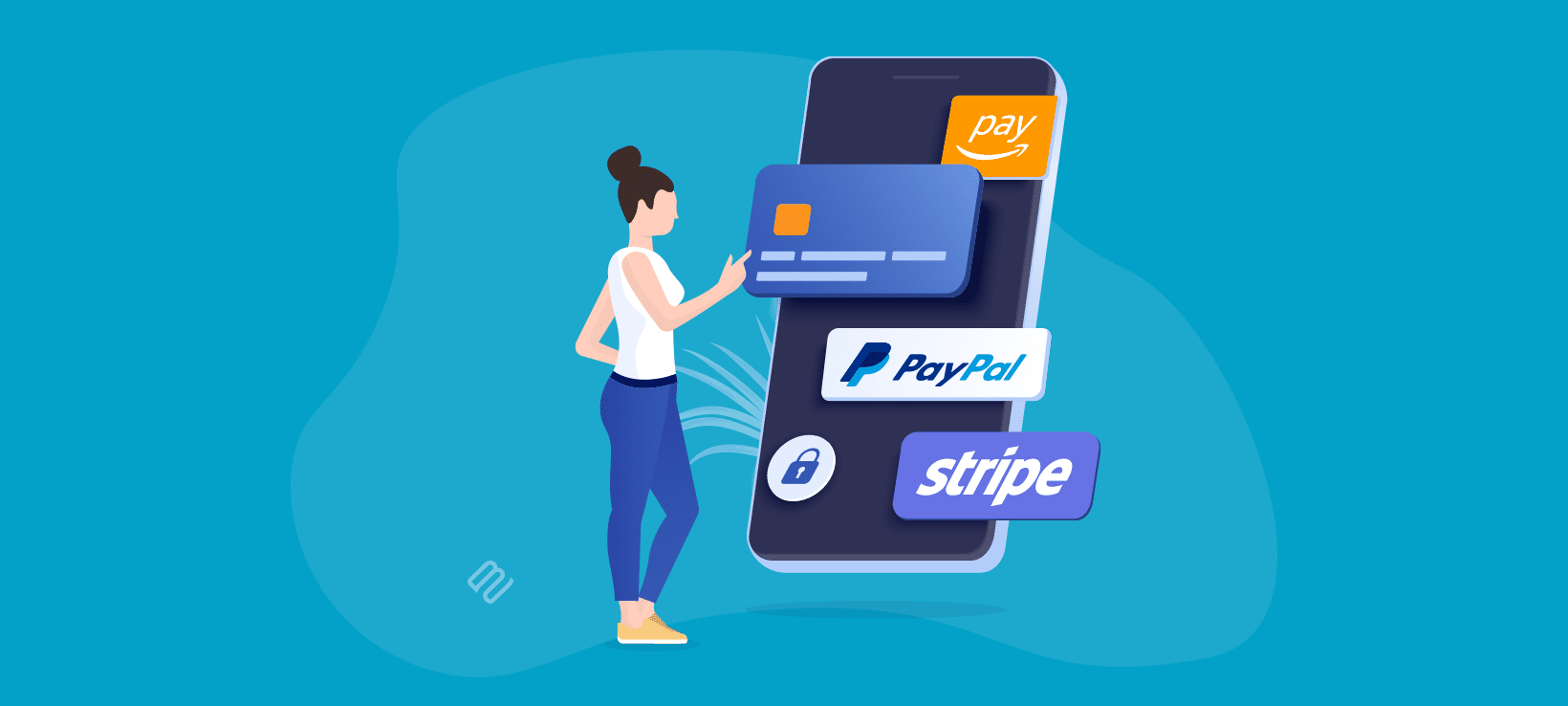AUTHOR : JAYOKI
DATE : 06/12/2023
In the modern digital era, the methods we use to make payments[1] have undergone significant transformation. Gone are the days when payments were made solely through cash or checks. With the rise of online shopping, digital transactions, and global business operations, the need for efficient, secure, and seamless payment processing has never been greater. This is where a Payment Gateway Platform[2] comes into play.
A payment gateway[3] platform serves as the bridge between the customer and the merchant, ensuring that transactions are processed smoothly, securely, and efficiently. Whether you’re running an e-commerce store, a subscription-based service, or a brick-and-mortar business with an online presence, understanding how a payment gateway[4] works is crucial for ensuring the success of your business.
What is a Payment Gateway Platform?
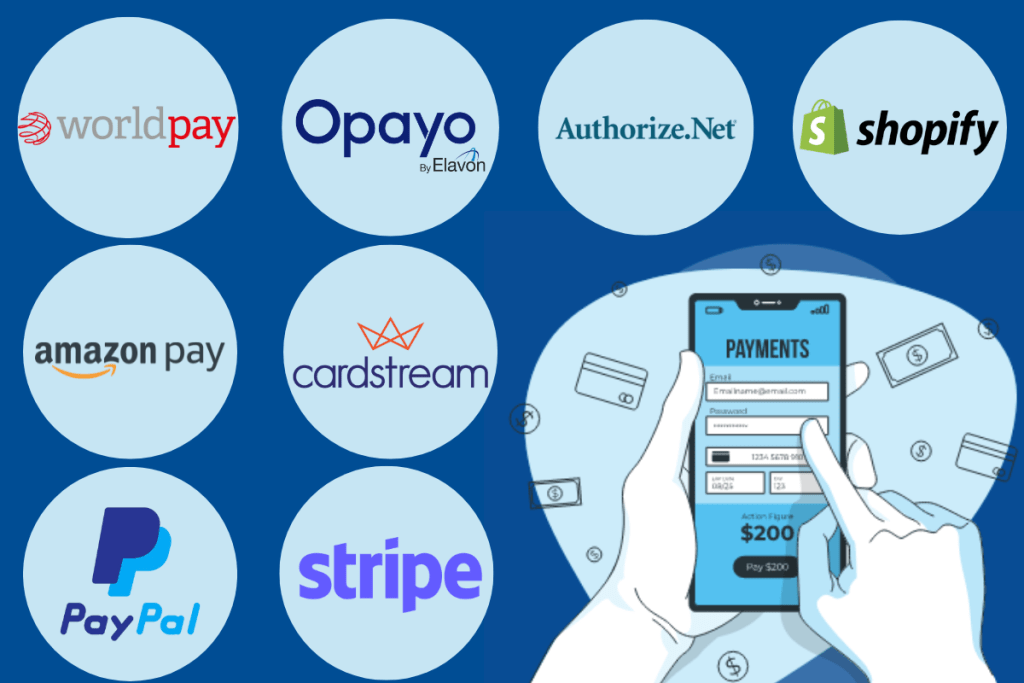
A Payment Gateway Platform is a service that enables merchants to accept payments from customers, primarily through credit or debit cards, and increasingly through digital wallets, cryptocurrencies, and other alternative payment methods[5]. It facilitates the transfer of payment information from the customer’s bank account to the merchant’s account in a secure and efficient manner.
In essence, a payment gateway acts as a mediator between the two parties in a transaction — the customer and the merchant — processing payments by encrypting sensitive payment data and verifying the legitimacy of the transaction.
Key Features of a Payment Gateway Platform
Payment Authorization
One of the core functions of a Payment Gateway Platform is payment authorization. When a customer initiates a transaction, the gateway sends the payment information to the payment processor, which then contacts the customer’s bank or financial institution to verify that the funds are available. After verification, the transaction is either authorized or rejected.
Security Measures
Security is a primary concern when it comes to online transactions. A Payment Gateway Platform uses encryption technologies such as SSL (Secure Sockets Layer) and TLS (Transport Layer Security) to protect sensitive data from being intercepted during the transaction. Additionally, tokenization technology is used to replace credit card details with a unique identifier, reducing the risk of fraud.
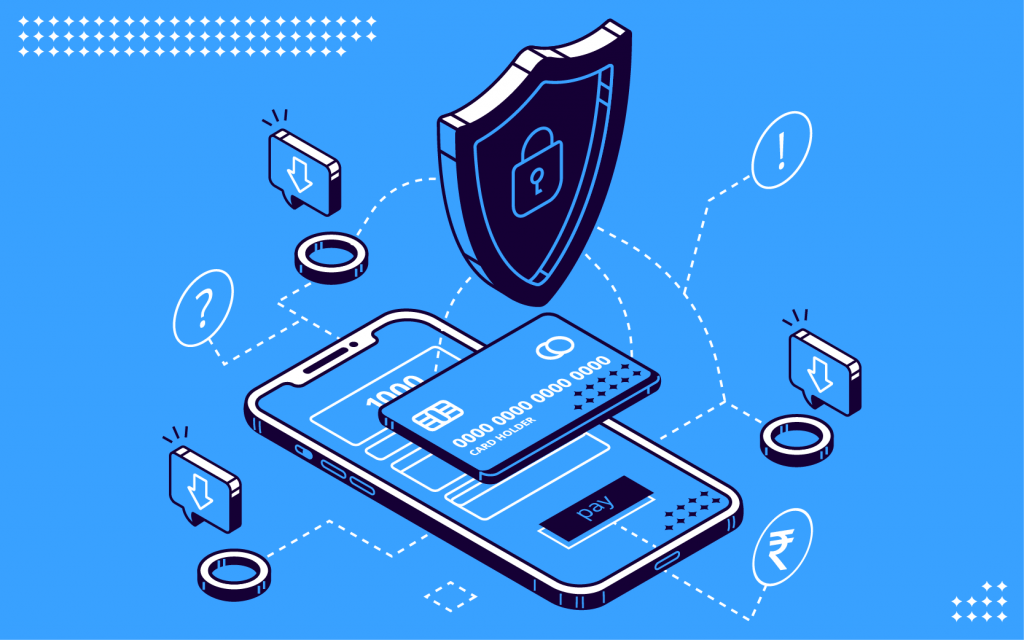
Multiple Payment Methods
A robust Payment Gateway Platform supports various payment methods, including credit and debit cards, digital wallets like PayPal and Apple Pay, bank transfers, and even cryptocurrency payments. This flexibility allows merchants to cater to a wider audience and improve the overall customer experience.
Currency Conversion
For international businesses, having the ability to accept payments in multiple currencies is essential. Many payment gateway platforms offer automatic currency conversion, allowing customers to pay in their preferred currency while merchants receive payments in their local currency.
Recurring Billing
For businesses that operate on subscription-based models, recurring billing is a vital feature. A Payment Gateway Platform allows merchants to set up automated payments on a periodic basis, ensuring smooth, timely payments without the need for manual intervention.
How Does a Payment Gateway Platform Work?
- Customer Initiates Payment: The customer selects the products or services they wish to purchase and enters their payment details (such as credit card information) on the checkout page.
- Payment Information Sent to the Gateway: The payment details are securely transmitted to the payment gateway platform, which encrypts the data to protect sensitive information.
- Authorization Request: The gateway sends the payment information to the payment processor, which contacts the customer’s bank or financial institution to verify the availability of funds.
- Authorization Response: The payment processor returns an approval or decline message to the payment gateway platform, which then passes this information to the merchant’s website or payment interface.
- Transaction Completion: If the transaction is approved, the payment is processed, and the funds are transferred to the merchant’s account. If declined, the customer is notified, and the transaction is not completed.
- Confirmation and Receipt: Both the merchant and the customer receive a confirmation of the transaction, typically with a digital receipt for the customer and a payment confirmation for the merchant.
Advantages of Using a Payment Gateway Platform
Enhanced Security
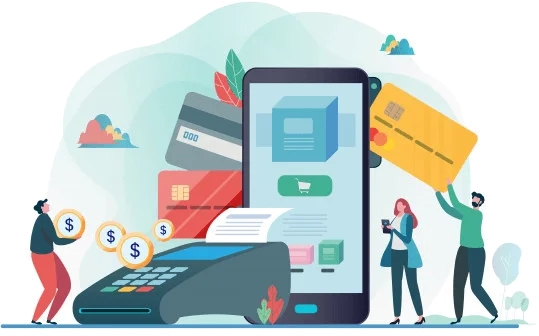
A Payment Gateway Platform ensures that sensitive payment information, such as credit card numbers and personal details, are encrypted and securely processed. This helps mitigate the chances of fraud and protects against identity theft.
Improved Customer Experience
With the integration of multiple payment options, mobile responsiveness, and real-time processing, a payment gateway enhances the overall customer experience. As a result, it boosts conversion rates and enhances overall customer satisfaction.
Faster Transactions
A payment gateway platform processes transactions quickly, reducing delays and providing immediate feedback to both merchants and customers. This allows businesses to maintain cash flow and customers to enjoy quicker, smoother transactions.
Global Reach
For businesses operating internationally, a Payment Gateway Platform allows the acceptance of payments in multiple currencies and from customers across the world. This helps expand a business’s reach and allows for easier cross-border transactions.
Cost-Effectiveness
Using a payment gateway can be more cost-effective than traditional methods of payment processing, especially for small to medium-sized businesses. With lower setup fees and transaction costs, merchants can save on overheads while improving operational efficiency.
Types of Payment Gateway Platforms
Hosted Payment Gateways
In a hosted payment gateway model, the payment gateway provider hosts the payment page on their own servers. Customers are redirected to the provider’s page to complete the payment process. The gateway manages all the security and processing aspects. This model is ideal for businesses that want a simple and secure solution without the need for handling sensitive data directly.
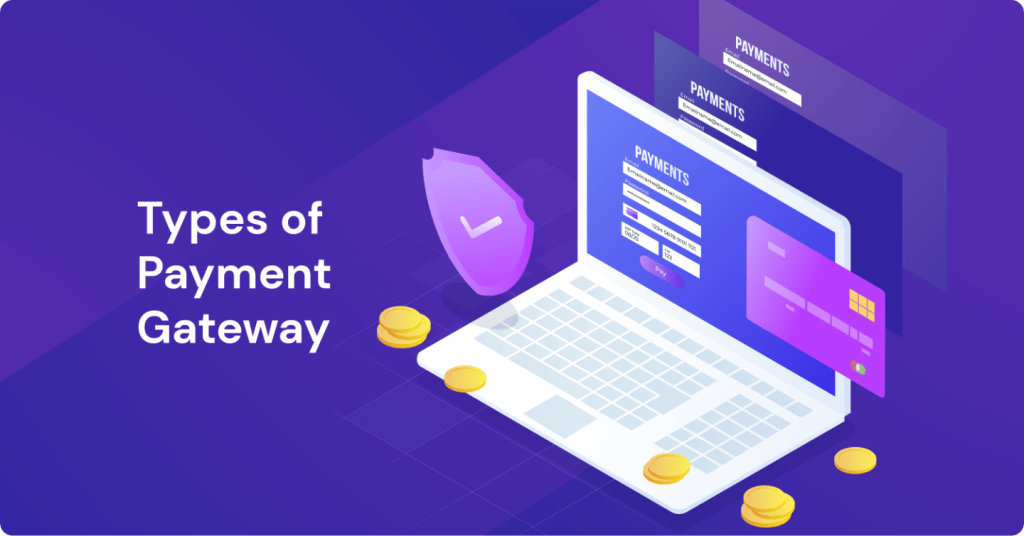
Integrated Payment Gateways
Integrated payment gateways are embedded directly into the merchant’s website or application. The customer stays on the merchant’s site for the entire payment process. This offers a more seamless user experience, though merchants need to handle additional security measures and integration complexity.
API Payment Gateways
API payment gateways allow developers to integrate the payment processing system into custom-built applications. This model is often used by businesses with specialized needs, as it offers full control over the payment process and user interface.
Conclusion
In summary, a Payment Gateway Platform plays a crucial role in the digital economy by ensuring that payments are processed securely, quickly, and efficiently. Whether you’re a small business owner or a large enterprise, integrating a reliable payment gateway into your operations is key to offering a seamless payment experience to your customers. By understanding the features, advantages, and types of payment gateways available, you can make an informed decision about the best solution for your business.
(FAQ)
1. How does a payment processor differ from a payment gateway in managing online transactions?
A payment processor handles the technical side of transferring payment information from the customer to the merchant’s bank. A payment gateway, on the other hand, is a secure interface that facilitates the authorization and encryption of the transaction data.
2. Do I need a payment gateway for my online store?
Yes, if you want to accept online payments through credit cards, digital wallets, or bank transfers, a payment gateway is necessary. It ensures that the transaction is secure and that funds are properly transferred to your account.
3. What key factors should I consider when selecting the best payment gateway for my business needs?
When choosing a payment gateway, consider factors such as transaction fees, supported payment methods, security features, and ease of integration with your existing systems. Also, look for a provider that offers strong customer support.
4. Are payment gateways secure?
Yes, reputable payment gateways employ high-level security protocols such as SSL/TLS encryption and tokenization to protect your sensitive data during transactions. However, it’s important to choose a provider with a strong security track record.
5. Can a payment gateway support international payments?
Yes, many payment gateways support multiple currencies and are capable of processing international payments, making them ideal for businesses with a global customer base.
